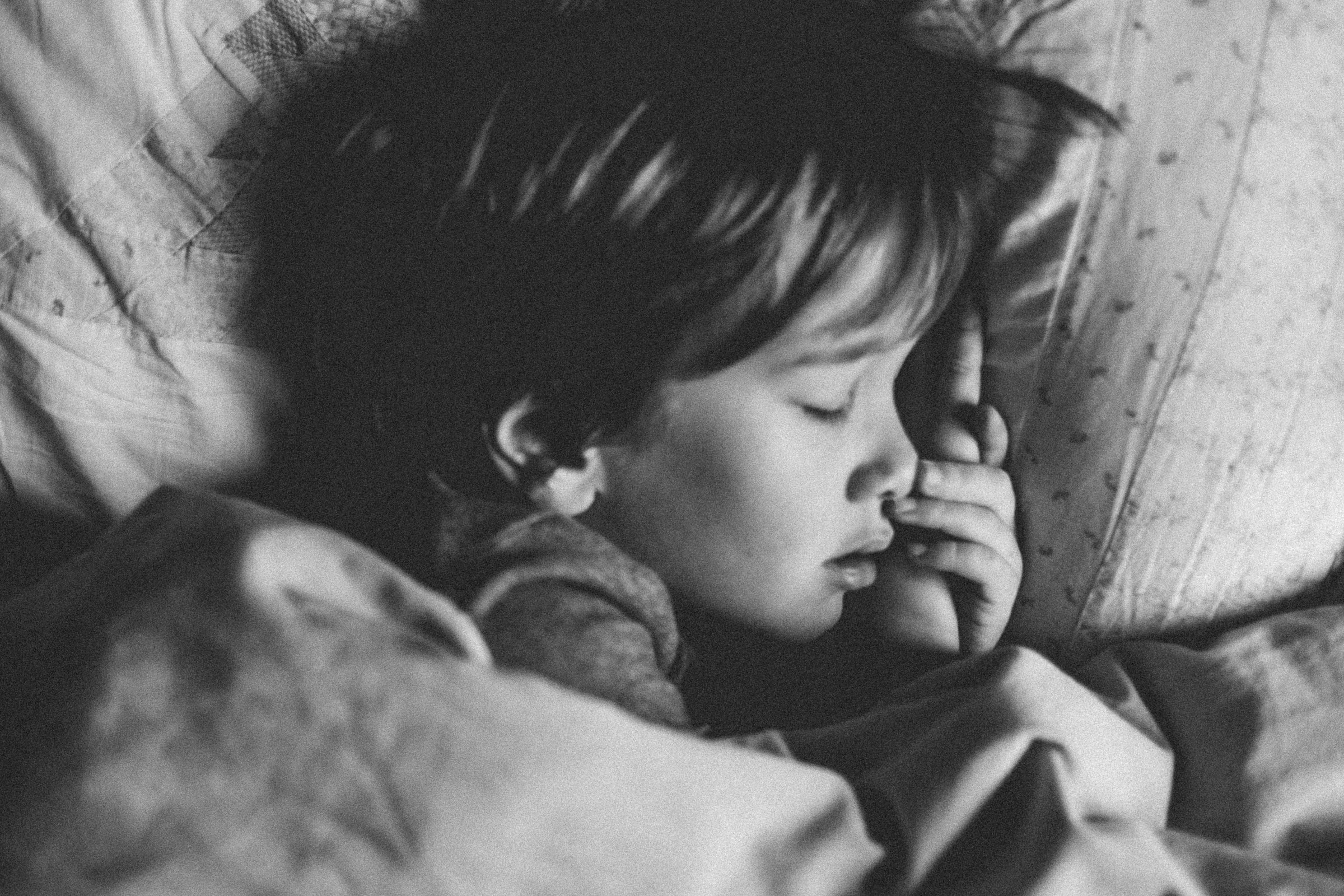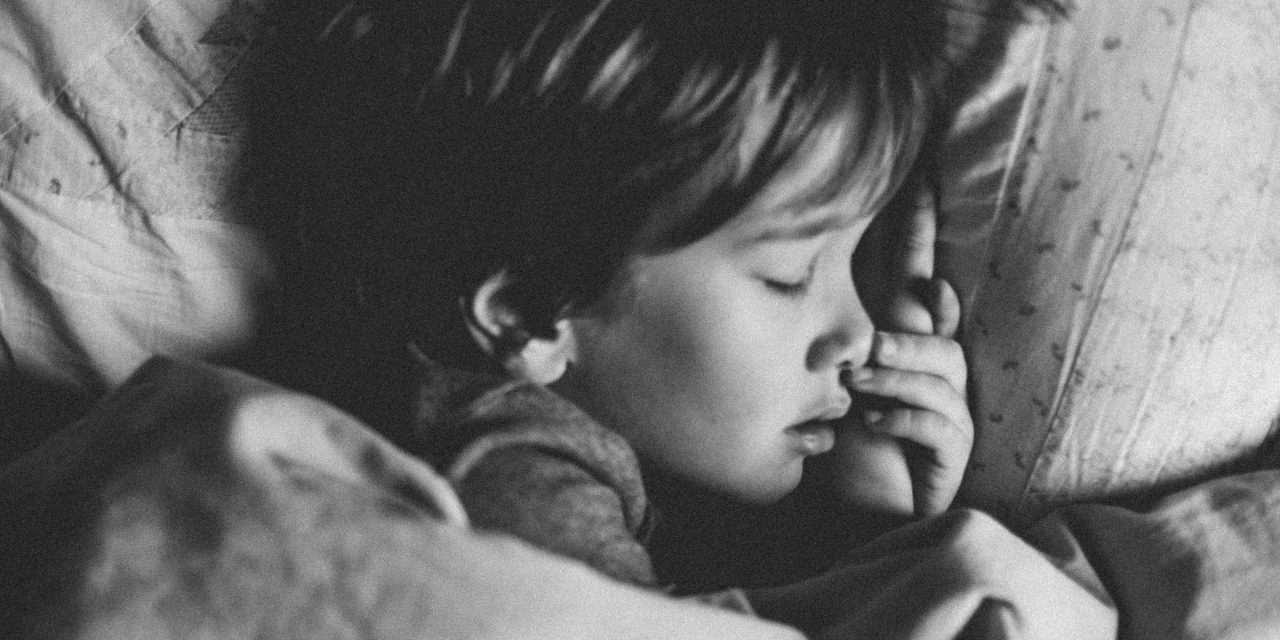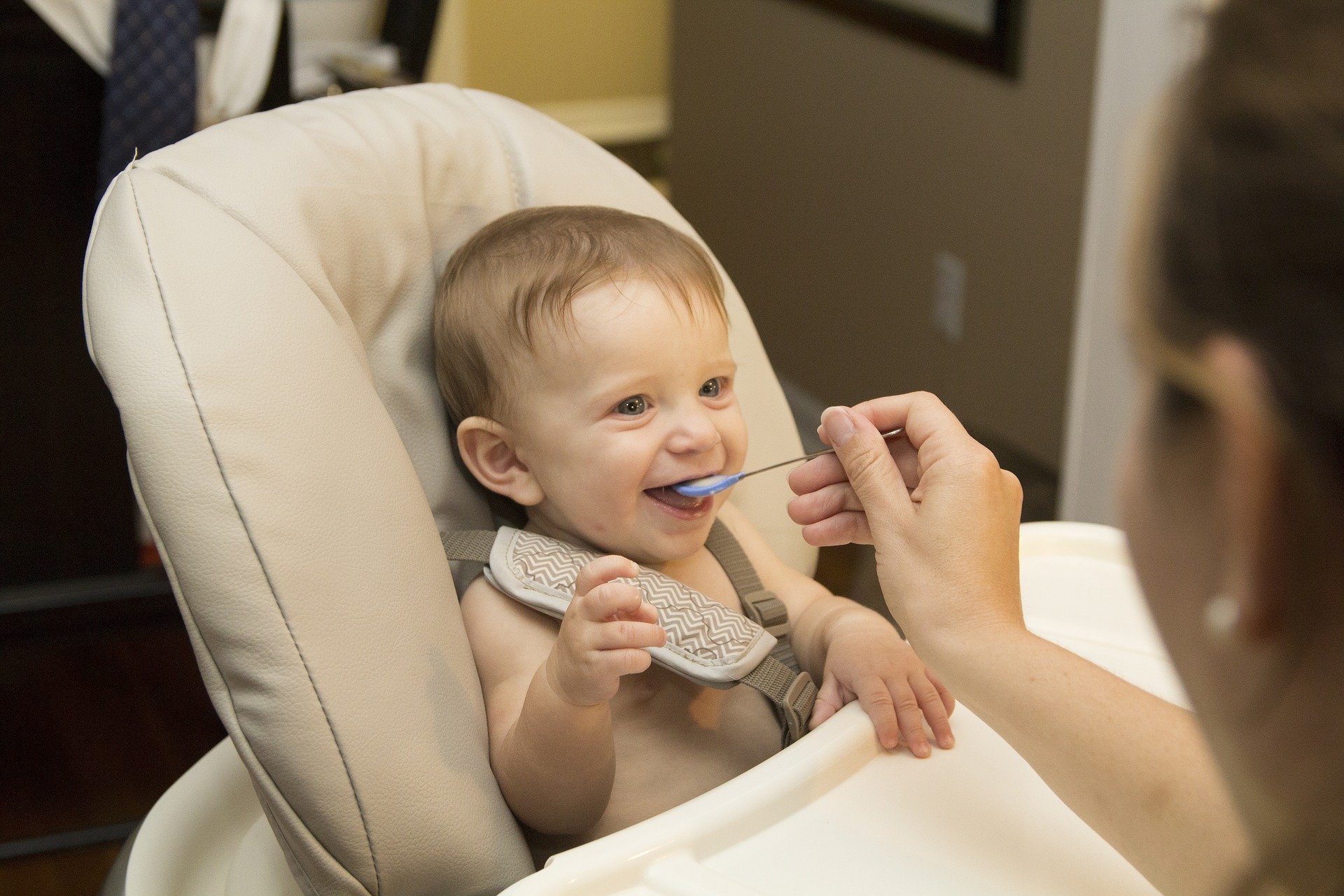Is your child waking up more than usual or finding it difficult to sleep once the lights are turned off? Chances are your child might have a sleep disorder. There’s nothing to worry about as most of them are easily diagnosable without much use of medication. However, they can affect the quality of your child’s life, and that’s why you need to pay keen attention to the slightest symptom. What are sleep disorders? How can they be treated? Continue reading our article on sleep disorders in children to know more.

Getting a good night’s sleep is important for your child’s wellbeing.
What Are Sleep Disorders?
Everyone deserves a good night’s rest of sleep because the body needs adequate time to regenerate from the horrors of the day. Where children are concerned, they require more sleep, especially in their formative years, since they’re going through new processes. They’re learning new activities, learning new games to play, which can be energy consuming and can be recovered only with a good night’s worth of sleep.
If a child’s sleeping patterns are disturbed due to a sleeping disorder, their functionality gets affected which then snowballs into a set of other problems. Apart from health-related problems, the child’s school performance and social relationships can get affected as well.
Sleep disorders in children can be defined as anything that affects the quality, timing, and duration of sleep. In India, sleep depravity is of major concern as many Indians suffer from some form of sleep disorder. And it’s important to recognize the signs at the earliest, especially concerning our children.
Some Signs Of Sleep Disorders In Children
Kids can take a little more time than adults to settle in their beds. But, if they’re taking more time than usual, and if you notice them really struggling to sleep, they might have a sleep disorder. Be aware of the following signs, so that you can contact your pediatrician at the earliest:
- Loud snoring
- Bedwetting
- Itchy legs
- Trouble falling asleep at night – at the most, your child tends to sleep only for 90 minutes
- Teeth grinding
- Difficulty in waking up in the morning
- Sleepwalking
Everyone goes through a night of restless or poor sleep. But, if it occurs continually for several nights, then there might be an unaddressed issue that’ll need professional help.
During the day, you’ll notice a change in your child’s behavior. They will occur to be more moody and irritated than before. And they might even be inconsolable at times.
How Does Lack Of Sleep Affect Your Child
Lack of sleep can cause a lot of physical, cognitive, and emotional changes in your child. Here’s a list of some changes you’ll notice:
- Difficulty in remembering things (can be a symptom of Attention Deficit Hyperactivity Disorder (ADHD) as well)
- Weak immunity
- Emotional outbursts
- Drowsiness during the day
- Mood swings
- Solving simple problems seem like a task
Temporary Sleep Disruptions
As stated earlier, children take a longer time to sleep due to immense changes happening in their bodies. It’s completely normal for that to happen at such early stages of development. Your child might crawl into your bed at night from fear of separation anxiety, and something as little as wanting to stretch can even disrupt your child’s sleep.
If the proceeding day is eventful (such as a picnic, or a trip to the waterpark), your child may stay awake through the night in excitement, thinking about the next day’s proceedings. New surroundings and too much caffeine intake can also be major disruptors of your child’s sleeping patterns. But, these are all temporary disruptions that can be countered via simple lifestyle changes. There’s nothing of major concern over here.
However, you will have to be concerned when your child shows symptoms of other sleep disorders such as sleep apnea, sleepwalking, night terrors, and restless leg syndrome (RLS).
Symptoms Of Some Common Sleep Disorders
Sleep Apnea
This condition is serious because you don’t even know when it’s happening to your child. It’s a sleep disorder where one stops breathing for 10 seconds or more while sleeping. And potentially, it could lead to other serious conditions such as heart problems and learning issues.
You’ll notice your child snoring loudly, sleeping with an open mouth, and feeling drowsy throughout the day. These are primary indicators of sleep apnea, and you should seek medical treatment immediately when you notice the slightest hint of these symptoms.
Night Terrors
Night terrors are beyond nightmares! They scare the fits of everyone in the family. Usually seen in children more than adults, night terrors are known to wake one up from their sleep in sleepwalking, yelling, or sometimes crying episodes. Even though they may appear to be awake, they aren’t fully aware of what is happening because they often can’t remember anything about the episode.
However, there is no medical treatment for night terrors. Only simple lifestyle changes and reducing outside disturbances to the minimum shall be effective enough. You can also reach out to your doctor to figure out other strategies that might work for your child.
Restless Leg Syndrome (RLS)
Although this condition is mainly seen in adults, children too go through this problem. RLS is where you feel an irresistible urge to move your legs. You may feel something is crawling up with your legs, and therefore, move to a different position for comfort. This can happen frequently throughout the night, which then affects the quality of sleep.
There are no tried and proven solutions to treat RLS, other than practicing good sleeping habits, and taking vitamin supplements. Have a talk with your pediatrician and see what works best for your child.
A Few Tips To Improve Your Child’s Sleep
There are plenty of ways to improve the quality of your child’s sleep. A simple fix such as changing the mattress can show a lot of improvement and can increase the comfort of your child while sleeping.
Here are a few practical tips you can use to help your child sleep better:
- Relax your child before bedtime: A warm bath or reading to your child before bedtime can be extremely relaxing. Try dimming the lights a bit while reading so that it sets a comfortable tone.
- Have a routine: Making your child follow a routine is extremely important. They know by what time they have to turn off the lights. And having such patterns helps in inducing better sleep.
- No caffeine before bedtime: No coffee or soft drinks with caffeine less than 6 hours before bedtime.
- No electronics: Ensure that your child’s room has no Ipads or Nintendos around the room. Do this an hour before your child’s bedtime.
- Cut off any outside sounds: Make sure your child’s room has no auditory distractions. Keep your T.V volumes low and try avoiding cooking after your child has hit the bed.

While some sleep disorders in children might get better over time, it’s best to consult your doctor to know of the necessary precautions you need to take.
Conclusion
Now you know some common sleep disorders in children. If you see any of the symptoms, don’t hesitate to call your doctor. And, of course, you can improve your child’s sleep quality by employing some simple strategies shared above. If you need help in keeping track of your child’s immunizations, then you can also download the ImmunifyMe app. You can even schedule appointments with nearby pediatricians virtually and store prescriptions digitally.
FAQs On Sleep Disorders In Children
How Do I Know If My Child Has A Sleeping Disorder?
Some common symptoms of sleep disorders in children are:
- Loud snoring
- Bedwetting
- Itchy legs
- Trouble falling asleep at night – at the most, your child tends to sleep only for 90 minutes
- Teeth grinding
- Difficulty in waking up in the morning
- Sleepwalking
What Causes Poor Sleep In Kids?
Kids can have poor sleep due to various reasons. They may have sleep conditions such as sleep apnea, or restless leg syndrome (RLS) disrupting their sleeping cycle. Or, even their eating habits, if their diet includes a lot of caffeine, and also their environment plays an important role.
How Do You Treat Sleep Disorders In Children?
Simple home remedies and lifestyle changes can bring major improvements in the child’s sleeping cycle. Doctors can treat sleep conditions such as sleep apnea with medication. Therefore, when you notice your child continually struggling to go to bed, it’s wise to seek professional help at the earliest.






